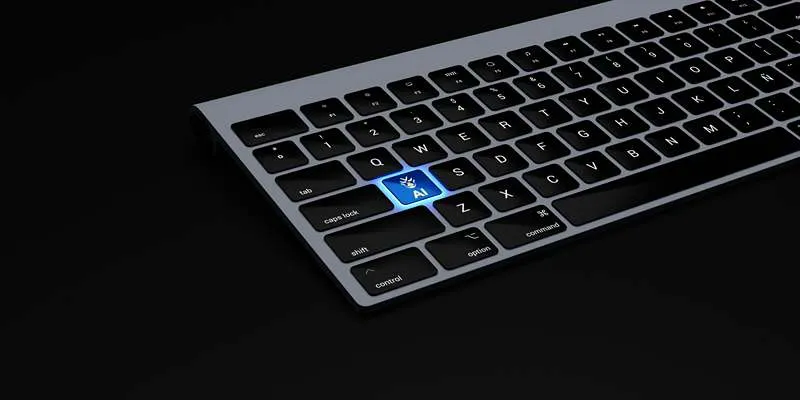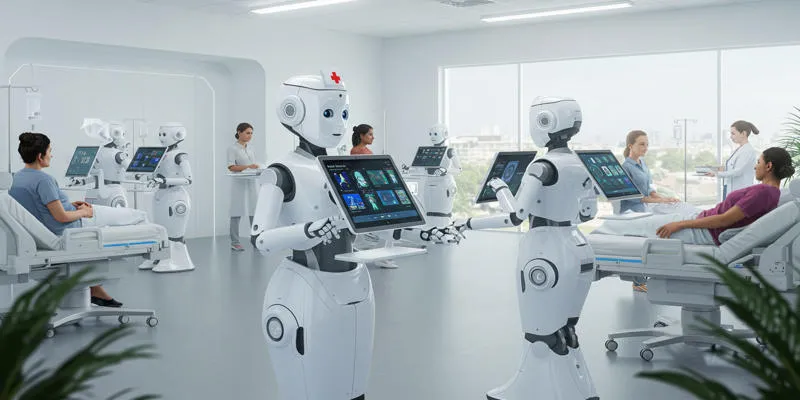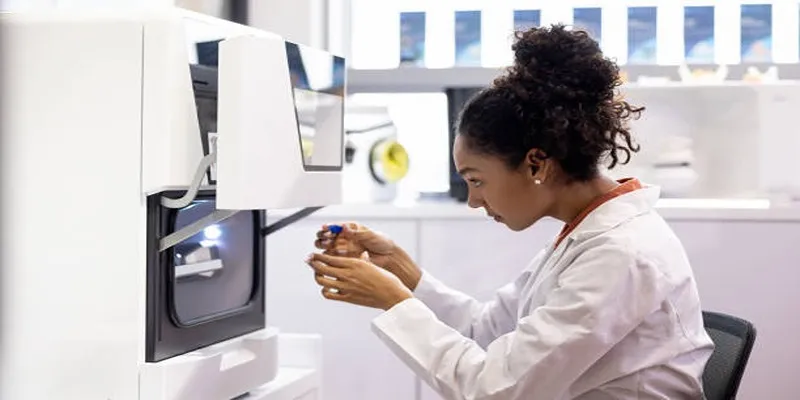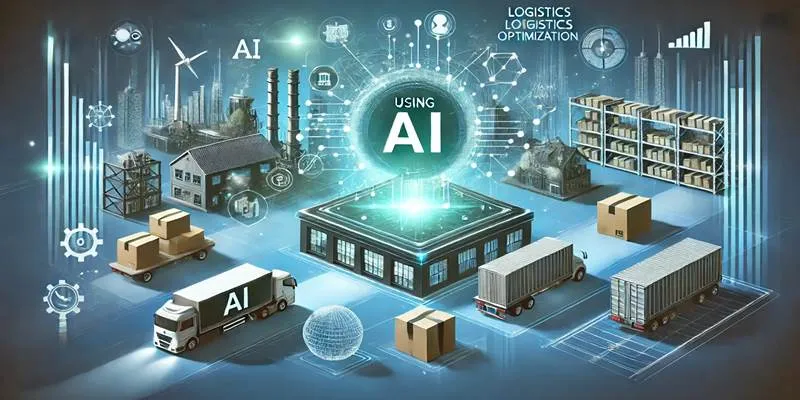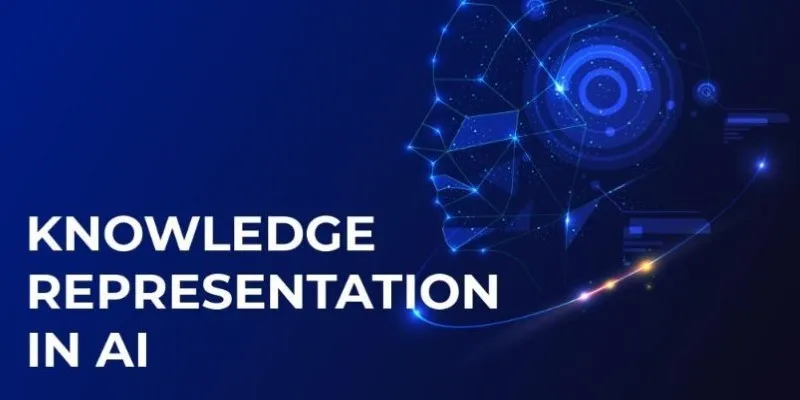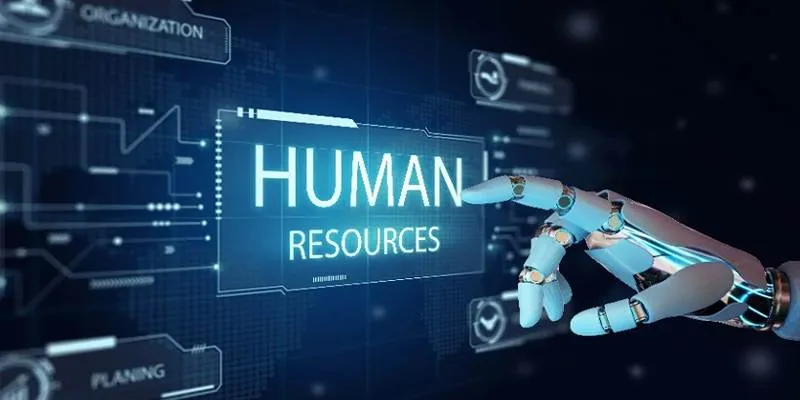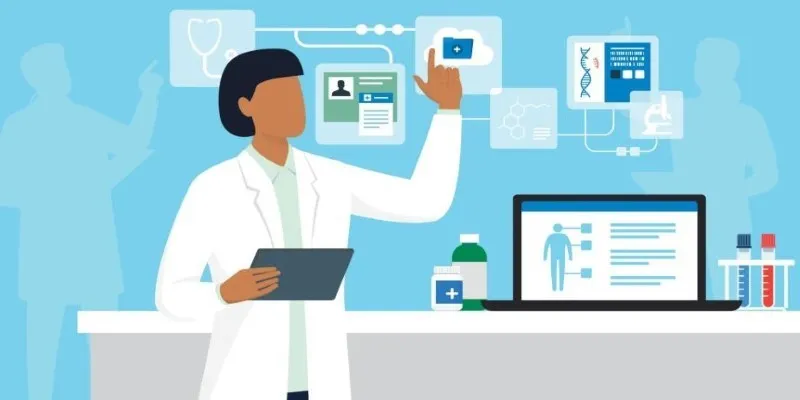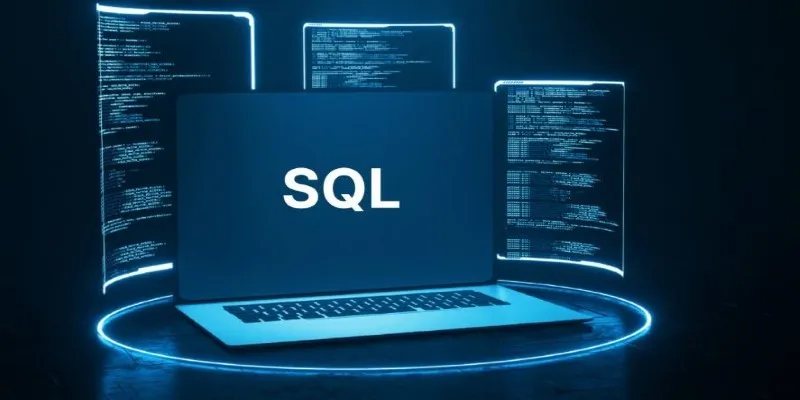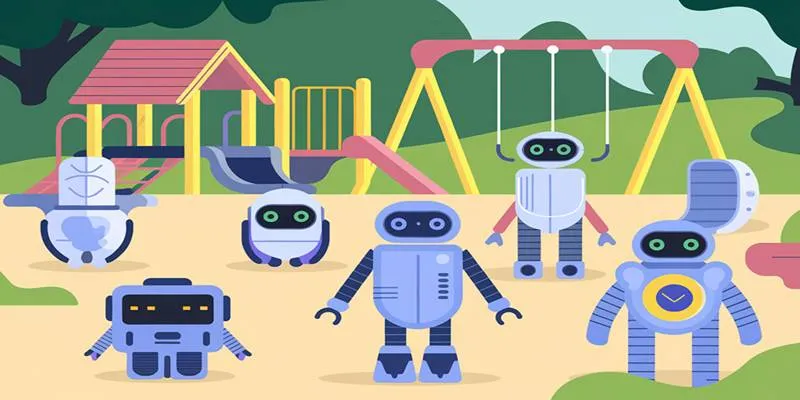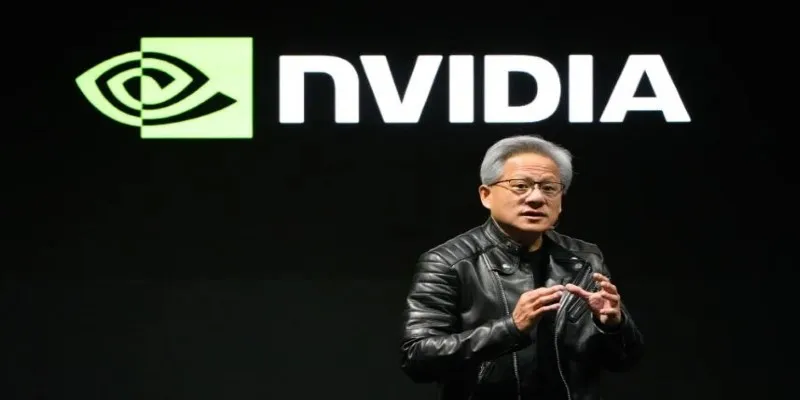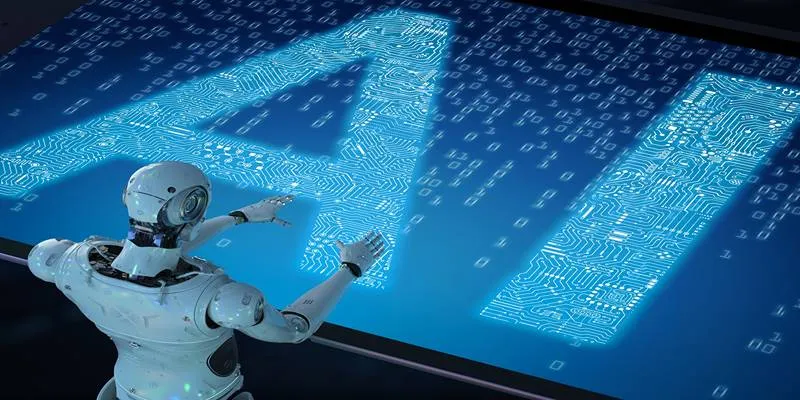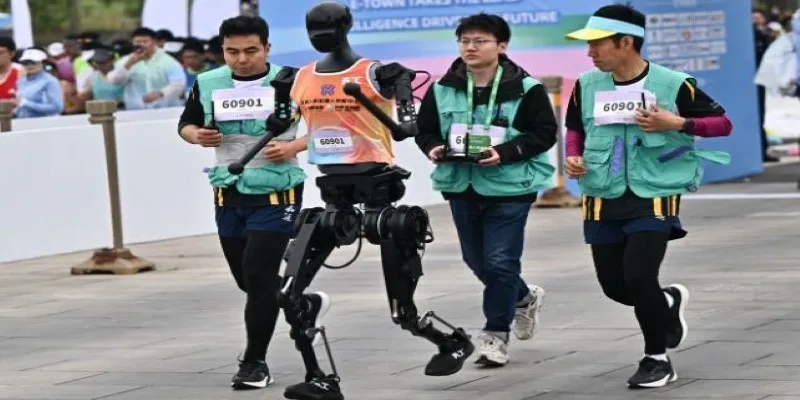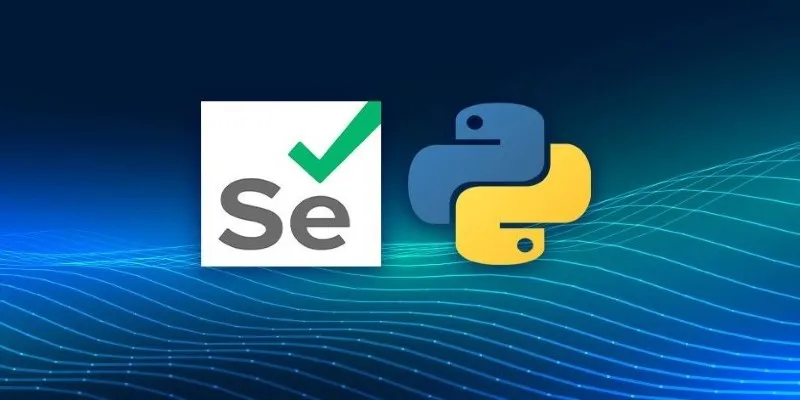Modern corporate workforces are evolving due to artificial intelligence, with Microsoft leading the charge. Microsoft’s adoption of AI employees is redefining roles, enhancing efficiency, and creating new opportunities. While automation handles routine tasks, human workers must adapt to ever-changing work conditions. This AI workforce impact is beneficial for productivity and cost-efficiency but also presents risks such as job displacement and skills mismatch.

The Role of AI in Microsoft’s Workforce
AI Integration in Microsoft’s Operations
AI is integrated into various aspects of Microsoft’s operations, including data analysis and customer interactions. AI tools process big data, enhancing decision-making and automating routine operations. Automated customer service via chatbots improves response times, while AI aids in cybersecurity through threat detection and risk management. These efficiencies allow employees to focus on higher-level tasks. As more companies adopt AI solutions, they will likely emulate Microsoft’s approach, redefining individual roles within organizations.
Key Areas Where AI Employees Are Used
Microsoft utilizes AI across different departments, performing tasks that range from coding and debugging to finance-related activities such as budgeting and fraud detection. In marketing, AI customizes consumer analysis campaigns. These functions enable Microsoft to operate efficiently, making AI indispensable in corporate organizations. As routine task execution becomes automated, employees can shift their focus to more creative and strategic roles, contributing to business growth in an AI-driven environment.
Benefits of AI in Corporate Jobs
AI in corporate jobs offers numerous benefits. It frees employees from routine tasks, allowing them to concentrate on more critical activities. Decision- making improves as businesses adapt to market changes. AI is also cost- effective, reducing waste by minimizing errors and streamlining operations. Employees enjoy using AI tools that simplify work, making it more efficient. Companies adopting these AI trends will gain a competitive advantage in employee relations and idea implementation.
The Impact of AI on Job Markets
Automation in Corporate Jobs
AI automation is revolutionizing corporate roles by increasing automation in repetitive and data analysis tasks. Many clerical jobs in administration, accounts, and IT have become automated through AI. It also automates certain project management processes, optimizing resource usage. While AI boosts productivity, it also challenges workers to enhance their skills.

New Job Opportunities Created by AI
Contrary to fears of massive layoffs, AI is creating new job opportunities. In-demand AI-related jobs include machine learning engineers, data scientists, and AI ethicists. Corporations adopting AI need professionals to create, deploy, and manage these systems. AI boosts productivity by leveraging employees’ interactions with intelligent tools to solve organizational tasks. Microsoft’s AI expansion has led to positions dedicated to AI governance, security, and strategy.
Challenges and Workforce Disruptions
The rapid development of AI can overwhelm employees and businesses. Job displacement is a significant concern as AI can replace humans in fully automated roles. Sectors like customer service, administration, and data entry may experience workforce reductions. Companies must support employees during the AI transition through training and retraining. Properly addressing these challenges ensures technological advancements like AI benefit workforce creation without threatening job existence.
Microsoft’s AI Strategy and Future Workforce Trends
Microsoft is heavily investing in AI to enhance productivity and business operations. Products like Copilot and Azure AI assist corporations in their functions. Microsoft’s ethical AI work ensures responsible technology use, minimizing automation risks. AI for cybersecurity is also a focus, safeguarding company information. These investments indicate Microsoft’s commitment to using AI for business value creation.
Conclusion
The rise of Microsoft’s AI employees is reshaping corporate jobs, introducing automation while creating new career opportunities. Although AI enhances productivity and reduces costs, its impact on job displacement and skill requirements cannot be ignored. Businesses must focus on workforce adaptation, ensuring employees receive necessary training to work alongside AI. Microsoft’s AI initiatives serve as a model for responsible automation integration. As AI evolves, companies must balance efficiency with workforce stability, ensuring AI complements rather than replaces human talent. The future of work is AI-assisted, not AI-dominated.
 zfn9
zfn9

